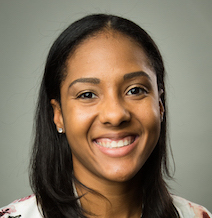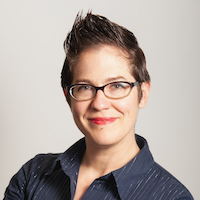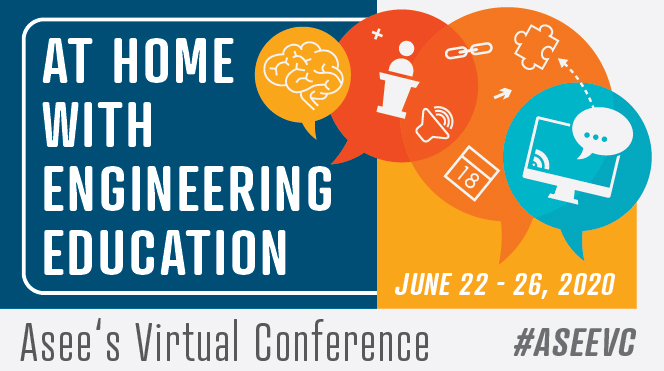Diversity, Equity, and Inclusion 200
2020 Annual Conference Virtual Workshop (Conference Registration Required)
Open access session coming soon!
Session
Thursday, June 25, 2020
2:00 pm to 3:00 pm
Abstract
Diversity, Equity, and Inclusion starts with us, but individual awareness and action are not enough. In order to transform our institutions and organizations to be more diverse, equitable, and inclusive, we must understand the larger systems we construct, operate within, and sustain. In this session, we will introduce a systems-thinking framework through case study analysis to assist us in identifying organizational successes and opportunities for improvement as we become catalysts for institutional change. We aim to raise the collective awareness of institutional biases to promote shared accountability to create equitable engineering education communities at every organizational level.
Facilitators
 |
Kayla Maxey is a doctoral student in the School of Engineering Education at Purdue University. Her research interests includes advancing diversity, equity, and inclusion through the analysis of the cultures within engineering. Her current work evaluates the influence of normative representations of engineering on the creation and sustainability of inclusive engineering cultures. The findings from her research informs professional development initiatives for faculty to bridge research to practice gaps and advance institutional inclusion. |
 |
Dr. Alisha Sarang-Sieminski is an associate dean and a professor of engineering at Olin College. They have taken a winding career path, starting with a BS in chemical engineering from MIT, moving to a PhD in bioengineering from University of Pennsylvania followed by postdoctoral work in the Biological Engineering Division at MIT. They have been at Olin College since 2015, where their work has ranged from bioengineering teaching and research, to running a senior capstone program, to academic leadership. Throughout this, a focus of their work has been to work on issues of equity and inclusion at all levels from offering individual trainings to working for institutional change. |

